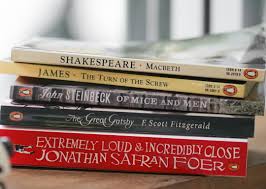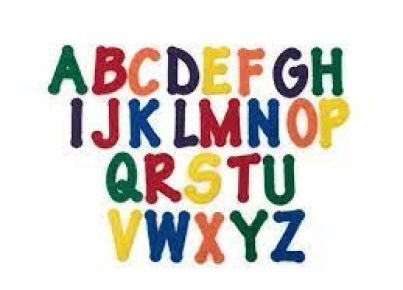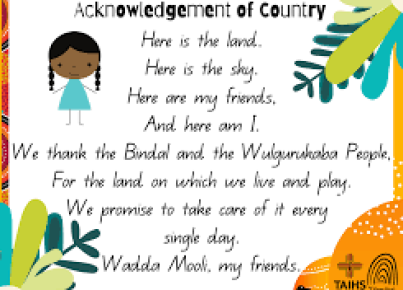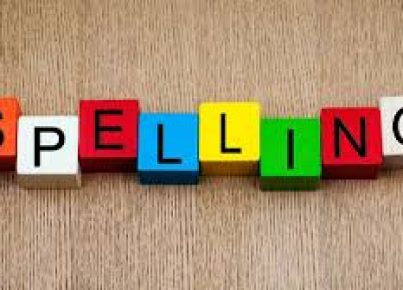Literature has the power to transport us into different worlds, live through the eyes of numerous characters, and experience a range of emotions. It also plays a vital role in a child’s education, fostering critical thinking and developing a sense of empathy. For middle-schoolers, classic literature can provide an excellent introduction to timeless stories and themes. Here are 32 examples of classic literature ideally suited for middle school students:
1. “Alice’s Adventures in Wonderland” by Lewis Carroll
2. “The Adventures of Tom Sawyer” by Mark Twain
3. “The Secret Garden” by Frances Hodgson Burnett
4. “Treasure Island” by Robert Louis Stevenson
5. “Anne of Green Gables” by L.M. Montgomery
6. “A Little Princess” by Frances Hodgson Burnett
7. “A Christmas Carol” by Charles Dickens
8. “The Call of the Wild” by Jack London
9. “Black Beauty” by Anna Sewell
10. “Peter Pan” by J.M. Barrie
11. “Little Women” by Louisa May Alcott
12. “Oliver Twist” by Charles Dickens
13. “Around the World in Eighty Days” by Jules Verne
14. “Robinson Crusoe” by Daniel Defoe
15. “Gulliver’s Travels” by Jonathan Swift
16. “The Wind in the Willows” by Kenneth Grahame
17. “The Jungle Book” by Rudyard Kipling
18. “Moby-Dick” (abridged) by Herman Melville
19. “The Red Badge of Courage” by Stephen Crane
20. “Pride and Prejudice” (abridged) by Jane Austen
21. “Great Expectations” (abridged) by Charles Dickens
22. “White Fang” by Jack London
23. “The Time Machine” by H.G. Wells
24. “20,000 Leagues Under the Sea” by Jules Verne
25. “The Legend of Sleepy Hollow” by Washington Irving
26. “Sherlock Holmes” stories by Sir Arthur Conan Doyle
27. “Anne Frank: The Diary of a Young Girl” (abridged) by Anne Frank
28. “The Picture of Dorian Gray” (abridged) by Oscar Wilde
29. “Dracula” (abridged) by Bram Stoker
30. “Frankenstein” (abridged) by Mary Shelley
31. “Tales of Edgar Allan Poe” (selections) by Edgar Allan Poe
32. “King Arthur and His Knights” (abridged) by Sir Thomas Malory
These literary classics offer middle school students an enjoyable and educational reading experience, allowing them to explore various styles, themes, and genres while expanding their understanding of the world around them. Many of the listed works are available in abridged versions, making them accessible and engaging for younger readers without losing the essence of the story or message that the author intended. Encourage your middle schoolers to embark on these literary journeys and develop a lifelong love for reading classic literature.





